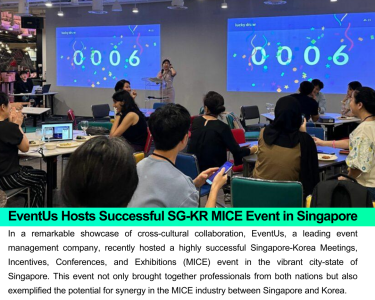
According to Hwai Lin Khor, vice president of Zero-Error Systems, space poses significant challenges for electronic circuits due to radiation-induced short circuits that can lead to mission failures.
Currently, many companies opt for commercial-off-the-shelf (COTS) semiconductor devices to build satellite electronics systems, driven by cost considerations. However, Khor points out that COTS chips fail to meet the required radiation performance standards, resulting in system failures and data corruption in space. To address these issues, Zero-Error Systems (ZES), a startup based in Singapore, has developed a patented technology for radiation-hardened semiconductor integrated circuits, specifically designed for space and energy management applications.
Today, the startup announced the successful completion of a $7.5 million Series A funding round, bringing its total funding to approximately $10 million. The investors include Airbus Ventures and the Dart family office. This fresh capital infusion will support ZES’s ongoing research and development efforts in Singapore, expanding its global customer base, and bolstering its team, which currently consists of 10 members.
Khor mentioned that three Japanese satellites and one European satellite operator already utilize ZES’s technology. The target customers for ZES include satellite subsystems, rovers, space electronics manufacturers, and terrestrial applications exposed to radiation, such as nuclear reactors, aviation, and unmanned drones. Furthermore, ZES’s power management solutions, initially designed for space applications involving battery or solar power, hold potential for application in consumer electronics and industrial sectors, such as smartphones, wearable devices, and IoT companies.
ZES emerged as a spin-off from Nanyang Technological University in Singapore in 2019, leveraging over 15 years of research on radiation-hardened integrated circuits and efficient power management designs.
Khor explained that the founding team recognized the increasing demand for constellations and low Earth orbit satellites, catering to communication, data access, Earth observation, surveillance, and reconnaissance. Most of these satellites rely on components that are unsuitable for the harsh conditions of space, presenting a clear opportunity for ZES to establish its business.
The radiation-hardened electronics market is projected to reach approximately $4.5 billion by 2030, with a compound annual growth rate (CAGR) exceeding 7.5% from 2021.





